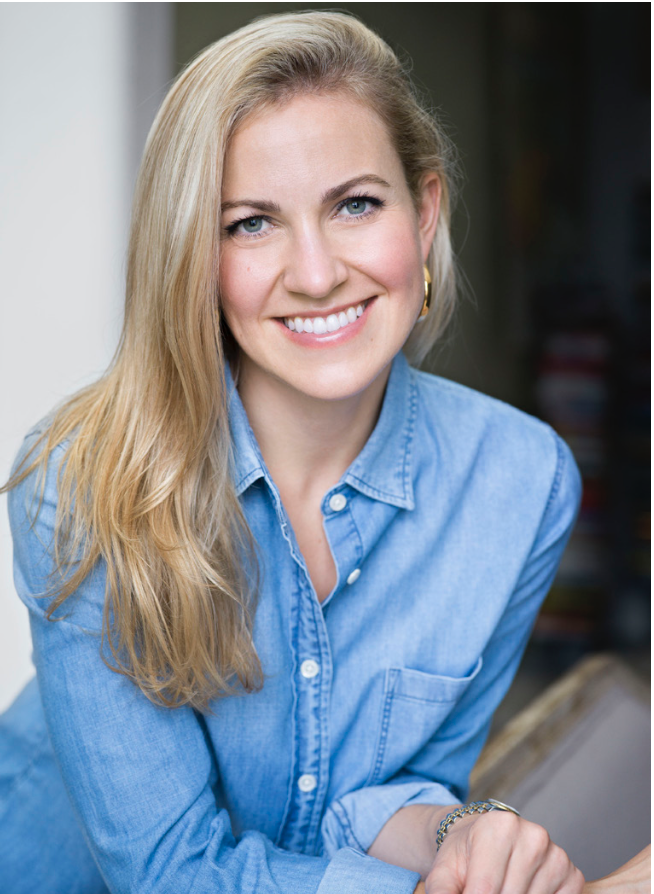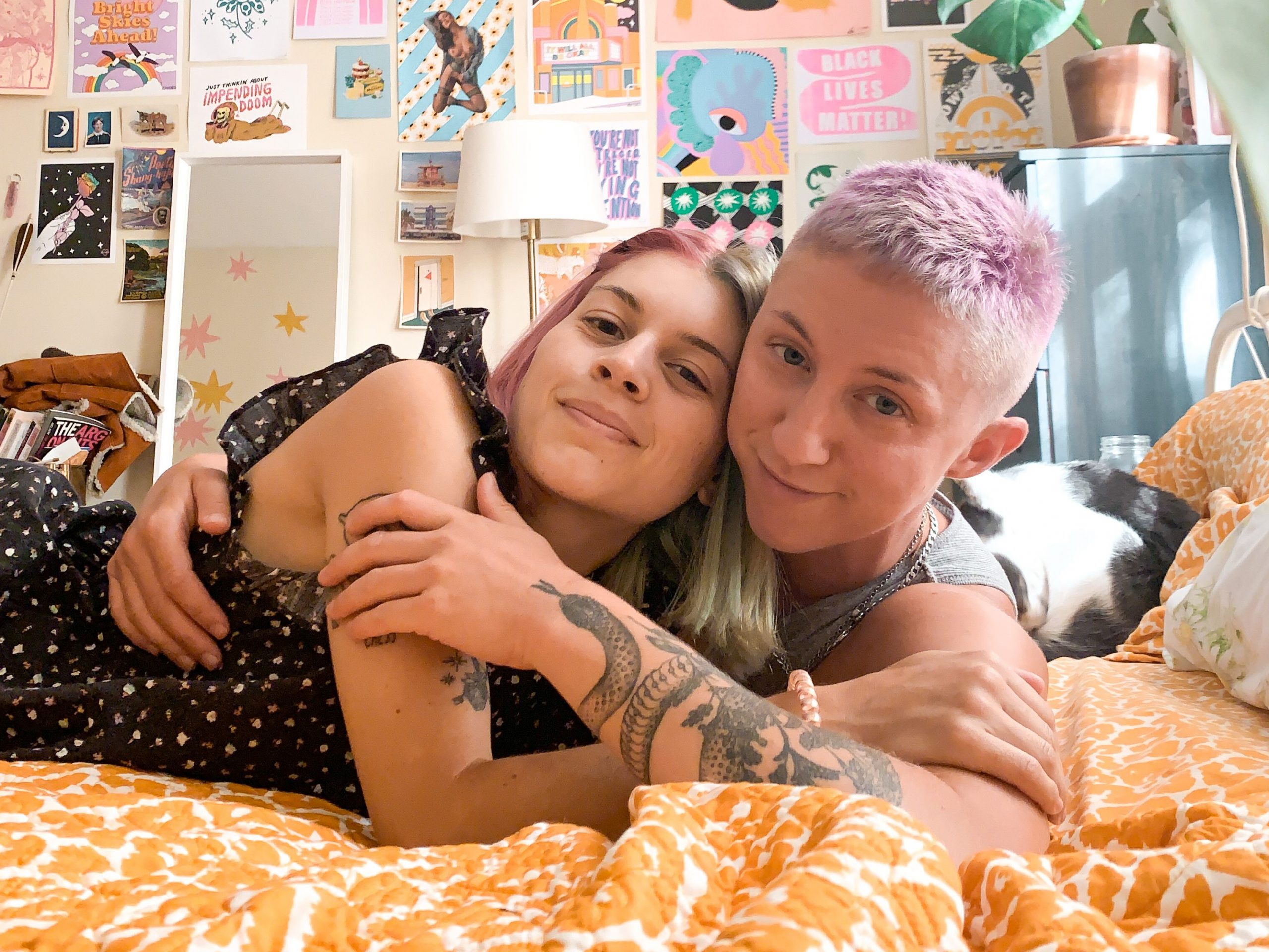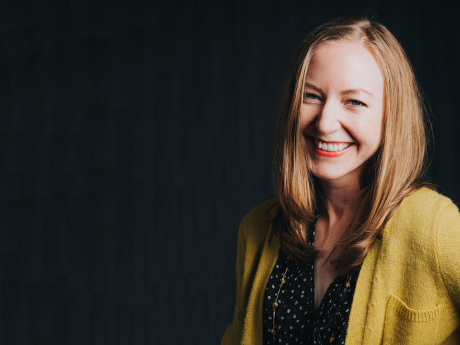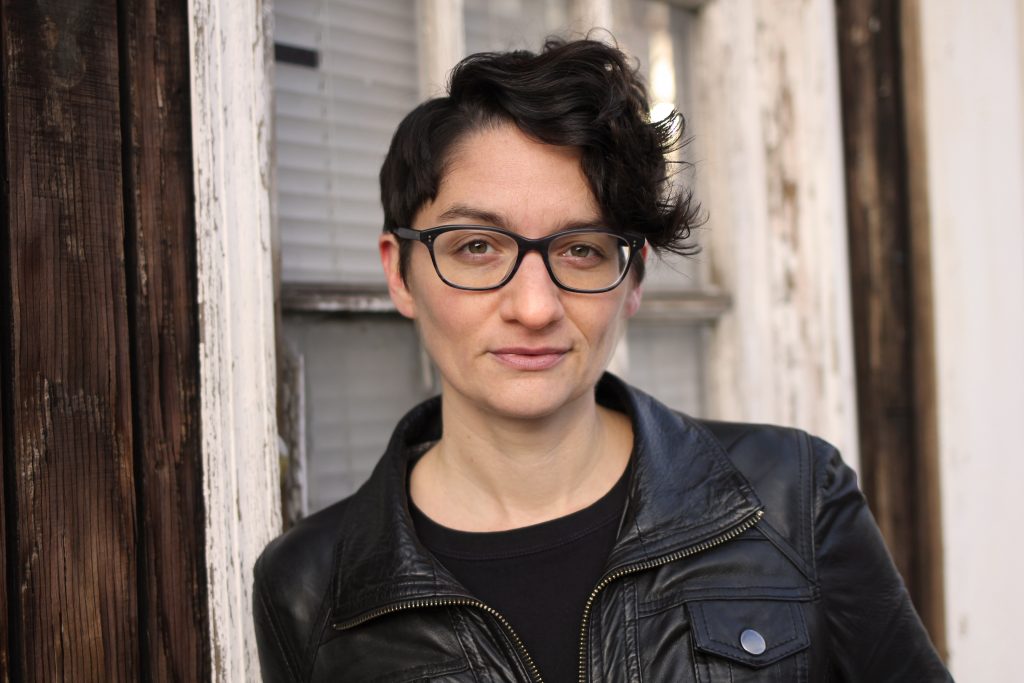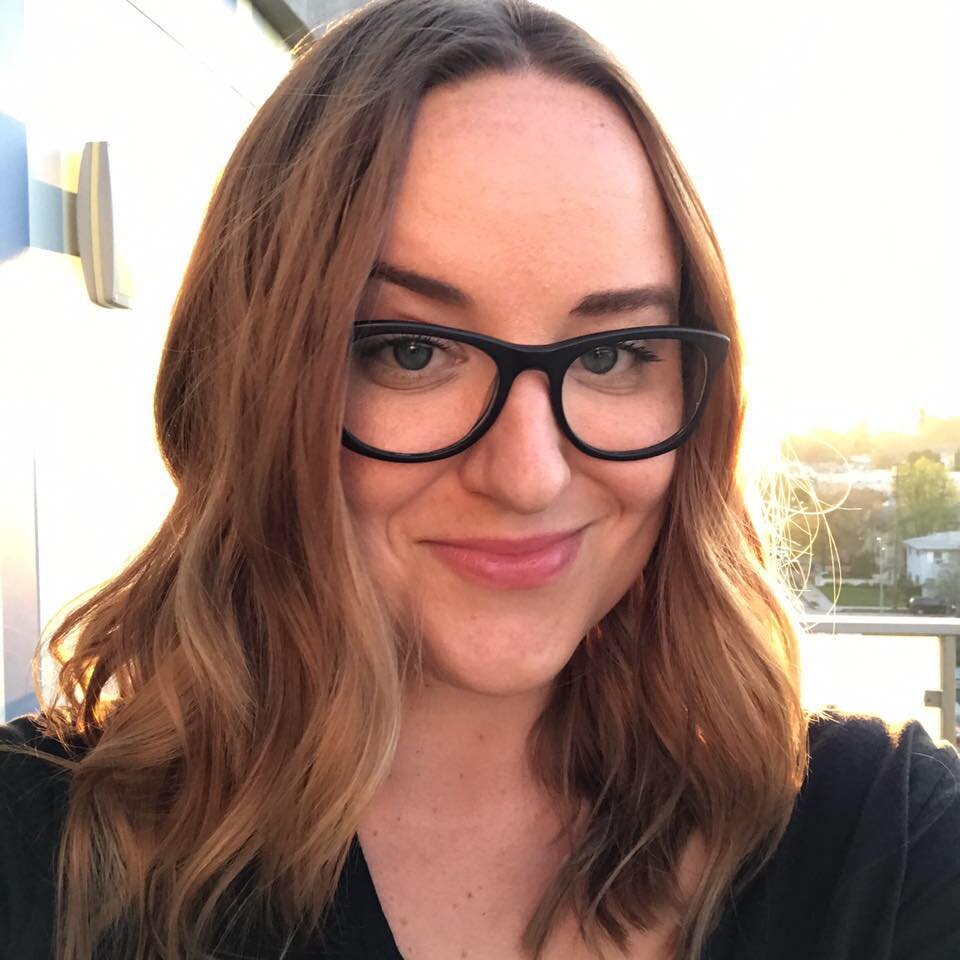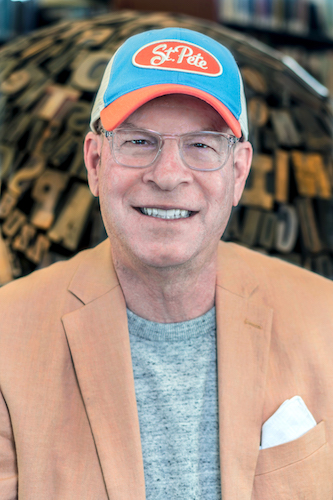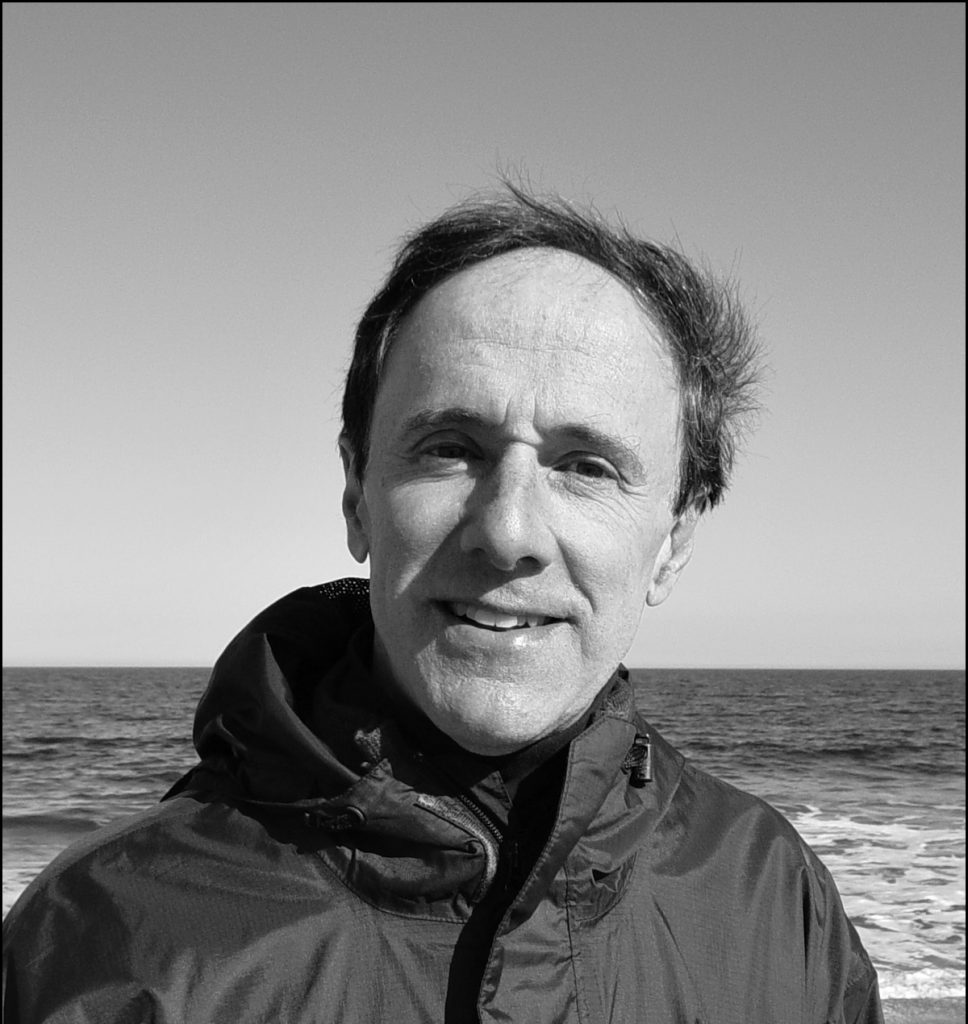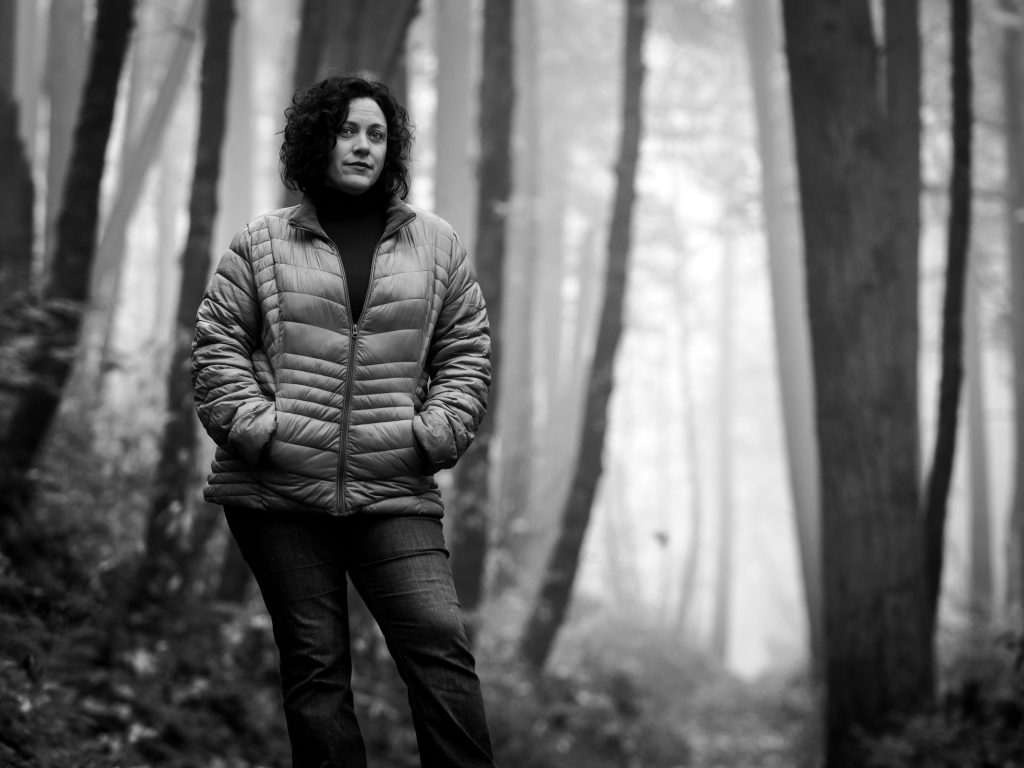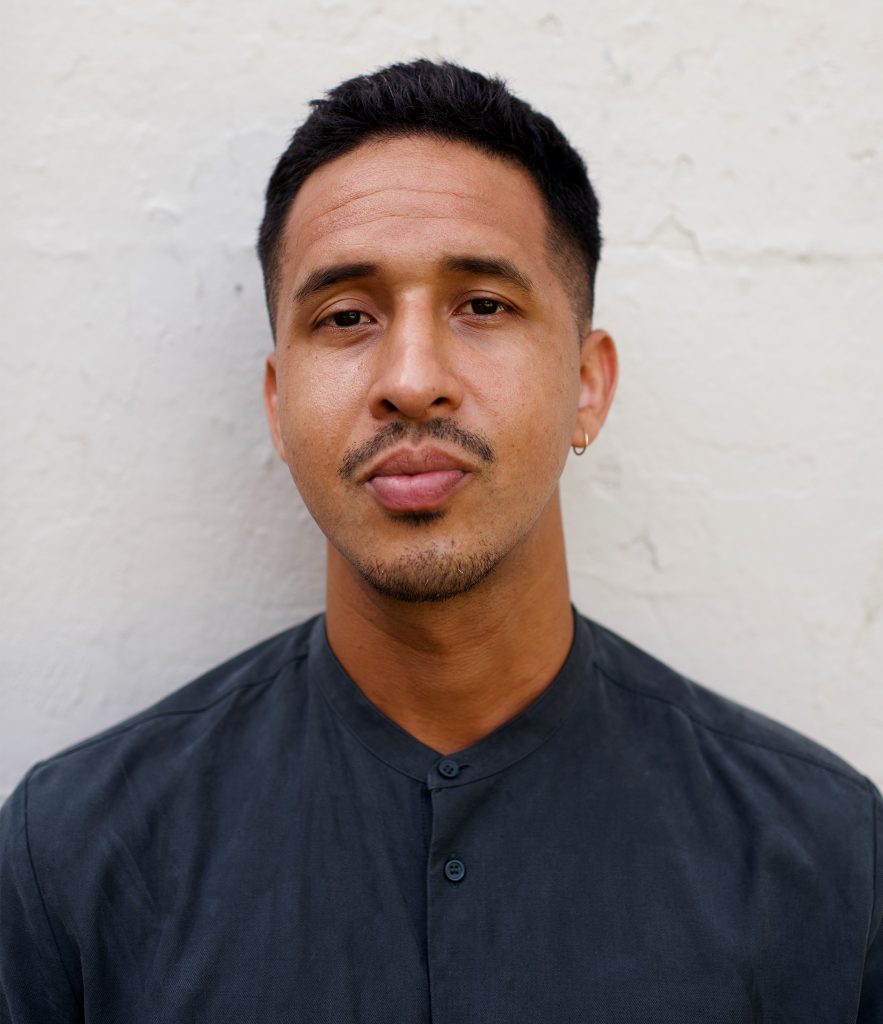
By Brendan O’Meara
“I spend a lot of time thinking about promotion. This isn’t Field of Dreams,” says Kristen Meinzer, @kristenmeinzer on Twitter.
You might remember Kristen from her first soiree on the podcast a few months ago when she and Jolenta Greenberg came by to talk about the book they co-wrote, How to be Fine.
She’s back for a solo show to talk about her book So You Want to Start a Podcast: Finding Your Voice, Telling Your Story, and Building a Community that Will Listen (William Morrow, 2019).
I’m self-taught, been doing this thing for eight years, and I found so many incredible nuggets in this book. The thing is, it’s ostensibly about podcasting, but you can apply the principles to anything.
We talk about structure in writing and in podcasting, why are you starting a podcast and who is it for, pet peeves in podcasting, mistakes new producers make, promoting a show, and what exactly a producer does.
Good stuff.
Please subscribe to the show wherever you get your podcasts, tell a friend, and consider leaving a kind review on Apple Podcasts. Keep the conversation going on social media. It’s @CNFPod across Twitter, IG, and FB.
Kristen’s Bookshelf for the Apocalypse or Library for the End of the World (in pictures!)
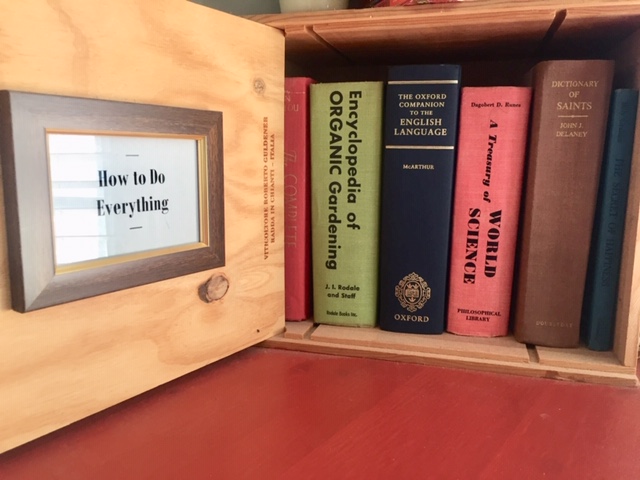
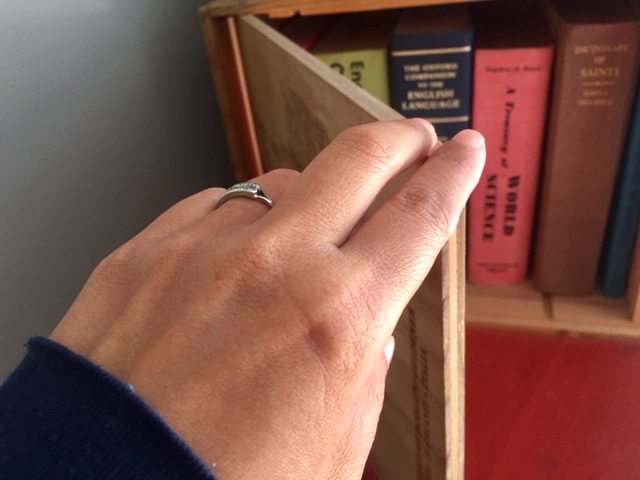
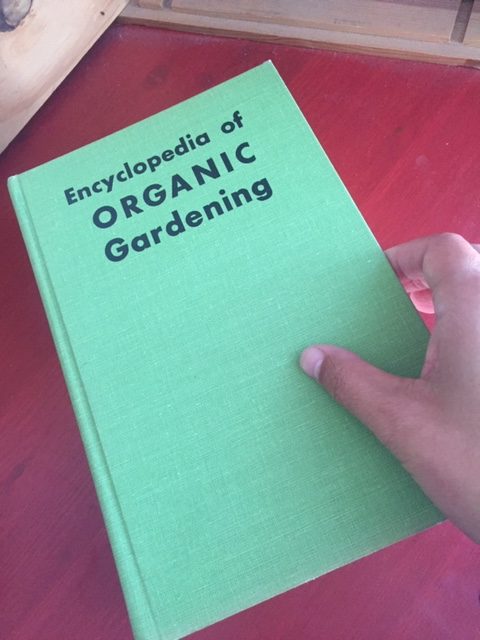
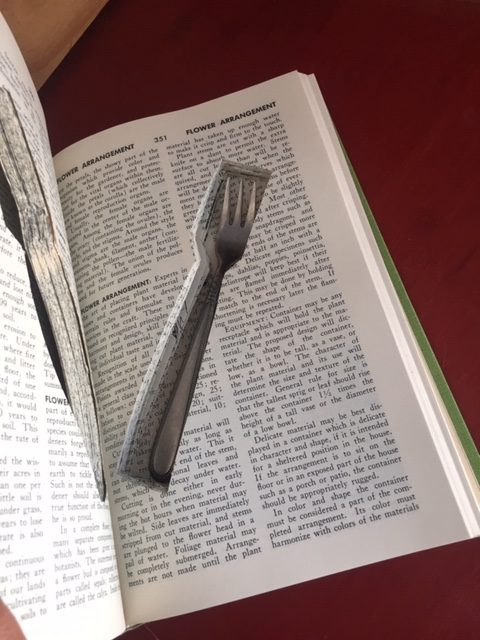
Leave the show a voicemail and I’ll answer your question on the show!
Gotta get that monthly newsletter! Here’s a link to the archive. It only goes back to March 2019, but you’ll get the drift.
